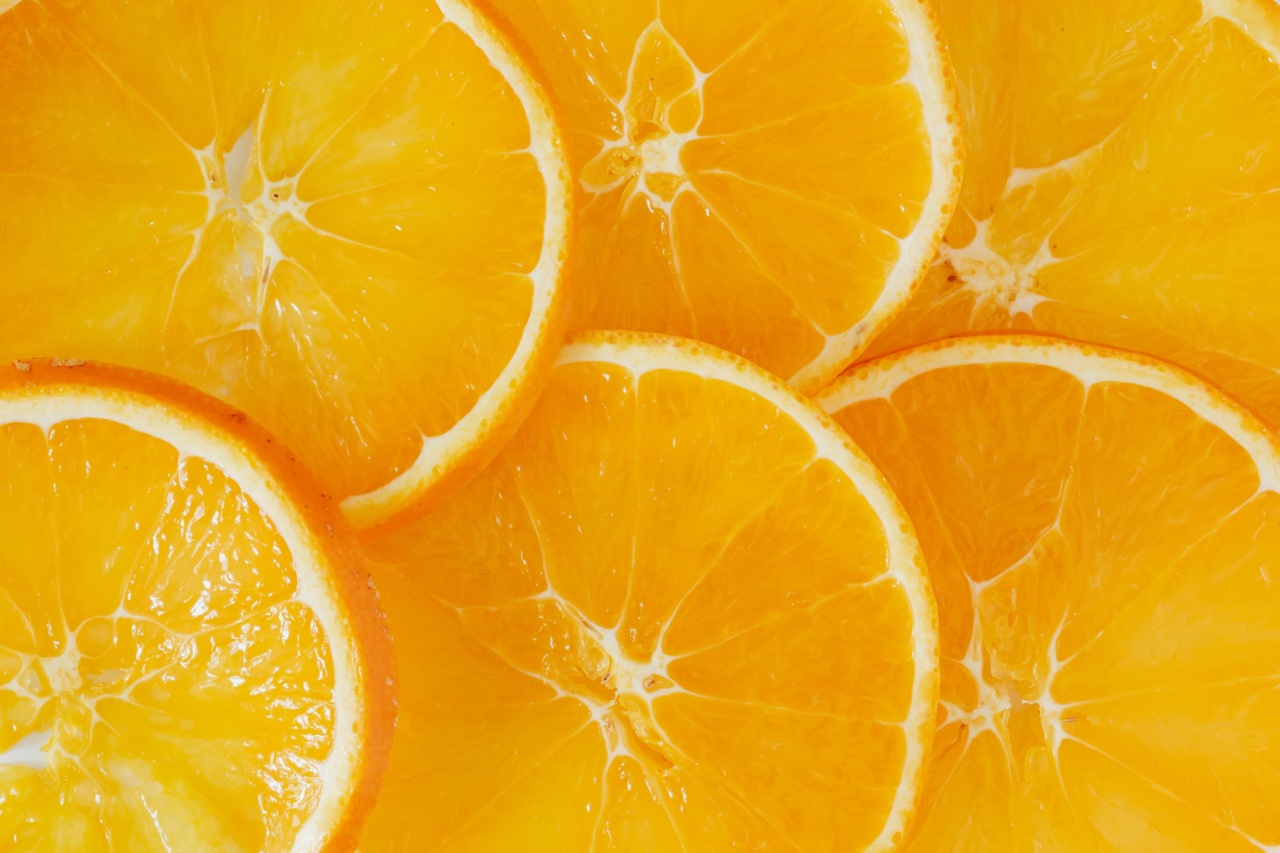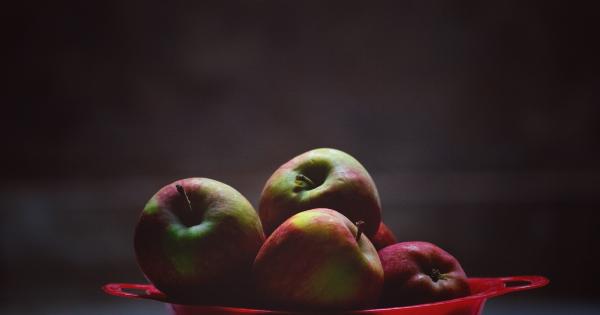Adopting a vegan lifestyle is a choice many individuals make for ethical, environmental, or health reasons. However, one challenge that vegans face is obtaining certain nutrients that are predominantly found in animal-derived products.
Vitamin B12 is one such essential nutrient that is primarily sourced from animal foods, making it particularly important for vegans to pay attention to their intake and consider alternative sources.
Why is Vitamin B12 Essential?
Vitamin B12, also known as cobalamin, is crucial for the proper functioning of the body. It plays a vital role in the production of red blood cells, DNA synthesis, nerve function, and protein metabolism.
Vitamin B12 deficiency can lead to various health issues such as anemia, fatigue, weakness, neurological problems, and even irreversible nerve damage.
The Challenge for Vegans
Vegans avoid all animal-derived products, including meat, poultry, fish, eggs, and dairy. Unfortunately, these foods are the primary sources of Vitamin B12. Hence, vegans need to adopt strategies to ensure their intake of this vital nutrient.
Vegan Sources of Vitamin B12
While it is challenging to obtain Vitamin B12 exclusively from plant-based foods, there are several options that vegans can explore:.
1. Fortified Foods
Fortified foods are products in which essential nutrients have been added during processing to compensate for their absence in the original ingredients.
Many brands offer plant-based milk alternatives, plant-based yogurts, plant-based cheeses, and even plant-based meat alternatives fortified with Vitamin B12. Check the labels to ensure the presence of this essential nutrient.
2. Nutritional Yeast
Nutritional yeast is a popular ingredient among vegans due to its cheesy flavor and versatility. It is an inactive yeast strain fortified with various vitamins, including Vitamin B12.
Nutritional yeast can be sprinkled over dishes, used in sauces, or added to vegan cheese recipes for a nutrient boost.
3. Seaweed
Seaweeds such as nori, spirulina, and chlorella are nutrient-dense marine plants that contain significant levels of Vitamin B12. They can be incorporated into sushi rolls, salads, smoothies, or consumed as supplements.
However, it’s important to note that the bioavailability of Vitamin B12 in seaweed can vary, and supplementation or other sources may still be necessary.
4. Fortified Plant-Based Milk
Several plant-based milk options, such as almond milk, soy milk, and oat milk, are fortified with Vitamin B12. These fortified varieties ensure that vegans can still enjoy their morning cereal or coffee while meeting their nutritional needs.
5. Fortified Plant-Based Yogurt
If you’re a fan of yogurt, fear not! Some plant-based yogurt brands also offer fortified options. Look for varieties that contain added Vitamin B12 to enhance the nutrient content of your breakfast or snack.
6. Fortified Plant-Based Cheese
Craving some cheesy goodness? Opt for plant-based cheeses that are fortified with Vitamin B12. These vegan-friendly alternatives will not only satisfy your taste buds but also help you meet your nutritional requirements.
7. Tempeh
Tempeh is a fermented soybean product that is not only a great source of protein but also contains some Vitamin B12. Including tempeh in your diet can provide various nutrients along with a dose of Vitamin B12.
8. Spirulina
Spirulina is a blue-green algae that is considered a superfood due to its rich nutritional profile. It is a source of Vitamin B12 and can be consumed in powder or supplement form.
However, it’s important to consult a healthcare professional before adding any new supplements to your diet.
9. Chlorella
Similar to spirulina, chlorella is another algae that offers various nutritional benefits, including Vitamin B12 content. Chlorella is often available as a powder, tablet, or capsule, making it easy to incorporate into your daily routine.
10. Miso
Miso, a traditional Japanese fermented soybean paste, is commonly used as a flavoring agent in soups, stews, and dressings.
While the Vitamin B12 content in miso can vary depending on the fermentation process, it can be a valuable addition to a vegan diet.
Supplementation for Vegans
In addition to incorporating Vitamin B12-rich foods into your diet, vegan individuals may also consider taking supplements to ensure an adequate intake.
Consult with a healthcare professional who can guide you regarding the appropriate dosage and frequency of supplementation.
Conclusion
Vegans can meet their Vitamin B12 requirements by incorporating fortified foods, nutritional yeast, seaweed, tempeh, spirulina, chlorella, miso, and considering supplementation.
It’s crucial to pay attention to your Vitamin B12 intake to maintain optimal health. By being mindful of your dietary choices and exploring alternative sources, you can thrive on a vegan lifestyle while meeting your nutritional needs.






























